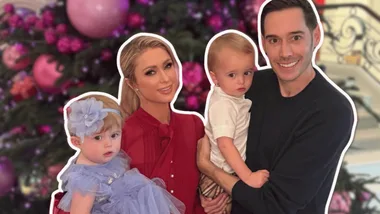While viewers are calling Wayward a disturbing watch, it’s the real-life inspiration behind it that is the most chilling.
The show landed on Netflix on September 25, quickly finding itself in the Top 10 for the streaming platform.
We deep dive into the series’ inspiration…
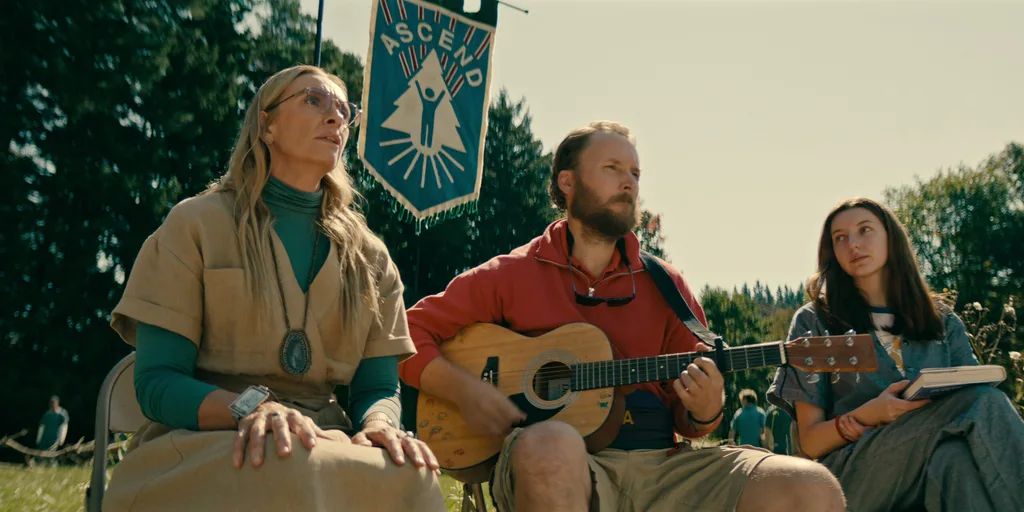
What is Wayward about?
Created, written, and directed by Mae Martin, Wayward centres on the fictional Tall Pines Academy, a so-called reform school for misbehaving youth.
But under its hopeful guise, it has much more sinister intentions, run by an eccentric and manipulative leader that subjects the kids to bizarre ‘therapy’ sessions and psychological and physical abuse.
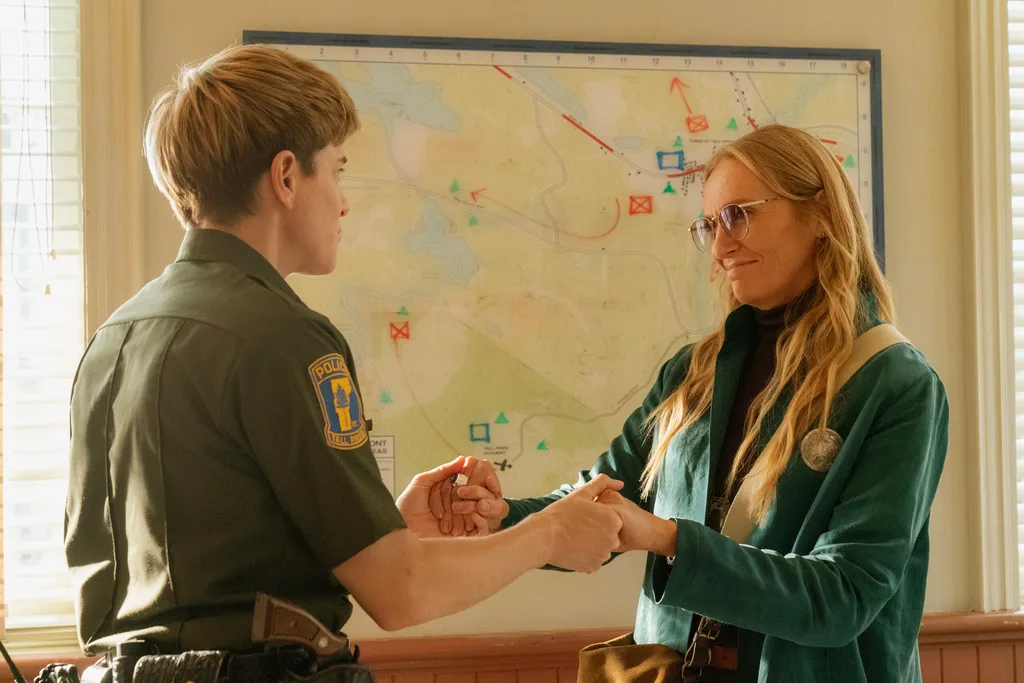
Is Wayward based on a true story?
The story was largely shaped by Mae Martin’s own teenage experiences as a rebellious teen, as well as those of a close friend who was also subjected to a reform facility, similar to what Paris Hilton has been advocating against in recent years.
“[Nicole] was taken over the border and handcuffed in the middle of the night, and she was gone for two years,” Mae told Forbes in September 2025.
“She ended up ultimately escaping on bare feet through the woods and hitchhiking across the state.”
Nicole, Mae said, endured years of trauma that left a lasting impact. The experience weighed heavily on Mae, who felt “a lot of guilt,” ultimately inspiring her to write the series.
‘Brat camps’ and the troubled-teen industry
Marketed as ‘therapeutic’ and promoted by TV psychologist Dr Phil, youth boot camps – often dubbed ‘brat camps’ – promise desperate parents that their troubled teens will return reformed and well-behaved. In reality, many of these programs are doing more harm than good.
According to The Washington Post, the troubled-teen industry is worth billions annually in the United States alone. Each year, tens of thousands of teenagers are sent to wilderness programs, military-style camps and private academies marketed as “therapeutic havens” at the behest of their parents.
Instead, many survivors allege they faced sleep deprivation, isolation, physical restraint and emotional abuse.
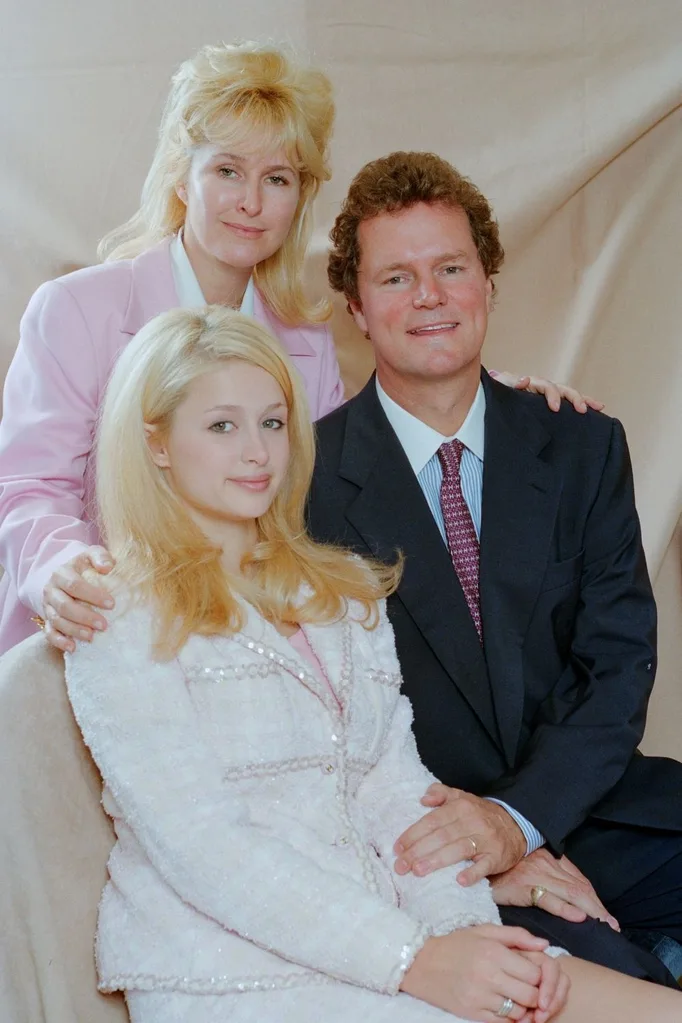
Paris Hilton’s advocacy
Paris was just 16 years old when she was dragged from her bed in the middle of the night by strange men with handcuffs. She thought she was being kidnapped.
Screaming for help and confused as to why her parents weren’t rushing to her aid, she soon realised this was no abduction at all – it was a parent-sanctioned kidnapping to take her to a reform school in Utah.
It was the first step in what Paris later described in her 2020 doco, This Is Paris, as months of torment, humiliation and psychological abuse.
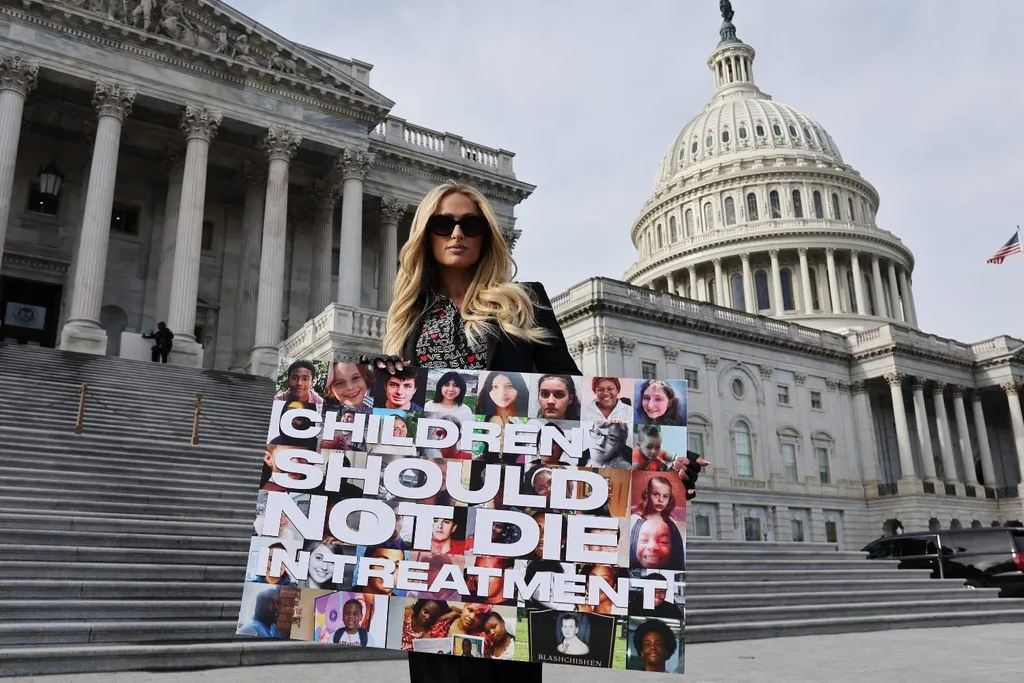
Paris has become one of the most high-profile advocates, testifying before US Congress in 2024 that she was “force-fed medications and sexually abused by staff”, and that her parents were “deceived, lied to and manipulated by this for-profit industry about the inhumane treatment I was experiencing”.
She’s been met with support from Drew Barrymore, Paris Jackson and Kat Von D, who have all spoken out about their similar experiences in youth programs.
“Children are dying in the name of treatment. This cannot go on,” Paris wrote in an opinion piece for The Washington Post in 2021.
Her words echoed the experiences of countless survivors who have since rallied around the hashtag #BreakingCodeSilence – a movement demanding accountability from the troubled-teen industry.
Danielle Bregoli’s story
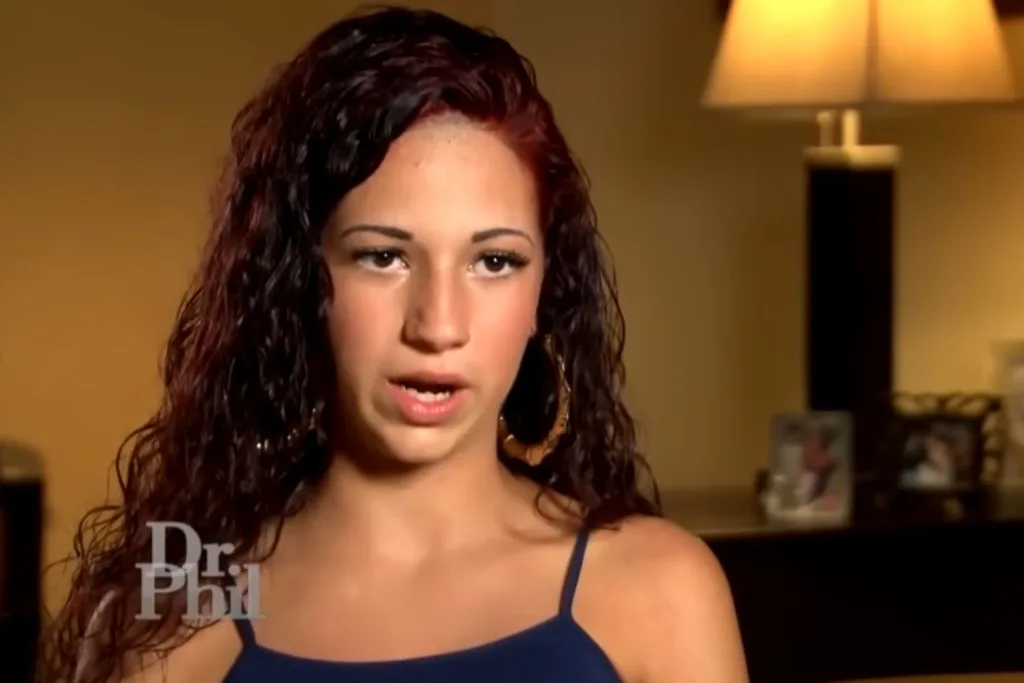
Internet star Danielle Bregoli (also known as Bhad Bhabie), who rose to fame after her 2016 appearance on Dr. Phil, is also vocal about her experiences.
In a 2021 YouTube video, she revealed that she was 13 years old when she was sent to a facility in Utah, alleging she was denied showers, forced to sit upright for long stretches and punished without explanation.
“There’s no cameras, no witnesses, no phone,” she recalled. “They don’t give kids any evidence to say what really happened.”
Her comments have sparked public pressure on Dr Phil to apologise for sending teens to facilities later accused of abuse.
He has said, “Whatever happens when they’re there, that’s between them and the facility.”
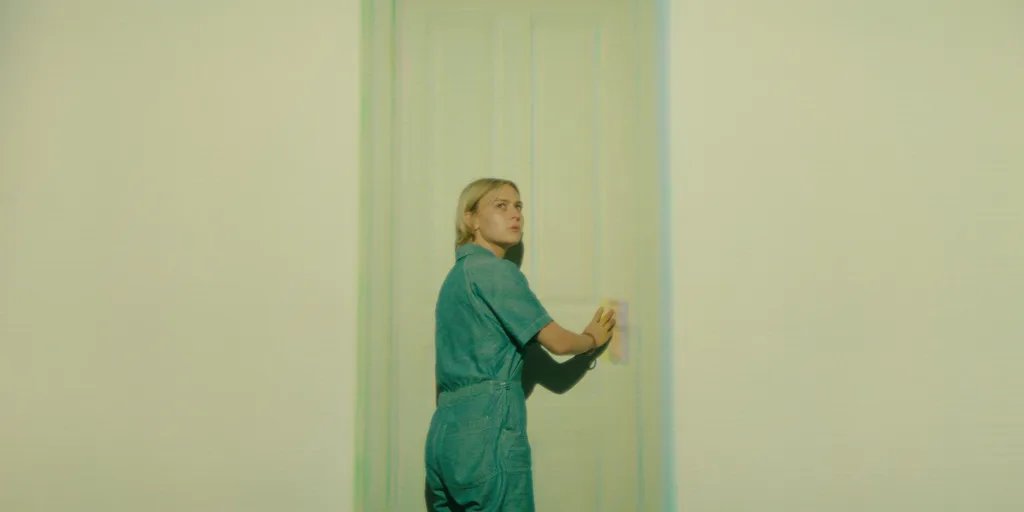
Despite growing criticism, the industry thrives in secrecy, protected by parental waivers and the ‘tough love’ mentality.
Survivors, however, recount lasting trauma, trust issues, and ongoing mental health struggles.
If this story raises issues for you, please call 1800RESPECT or Lifeline on 13 11 14
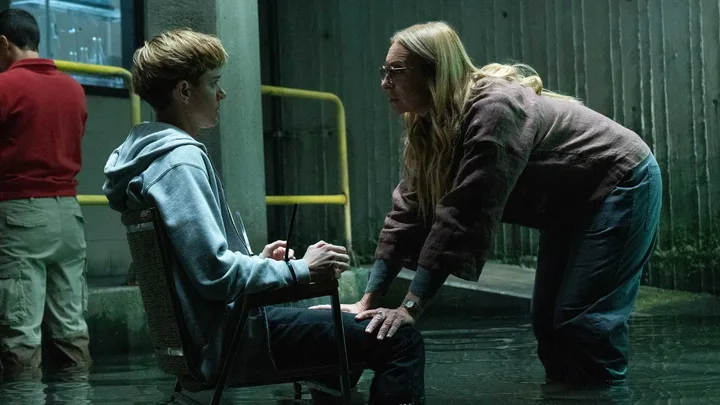 Netflix
Netflix
